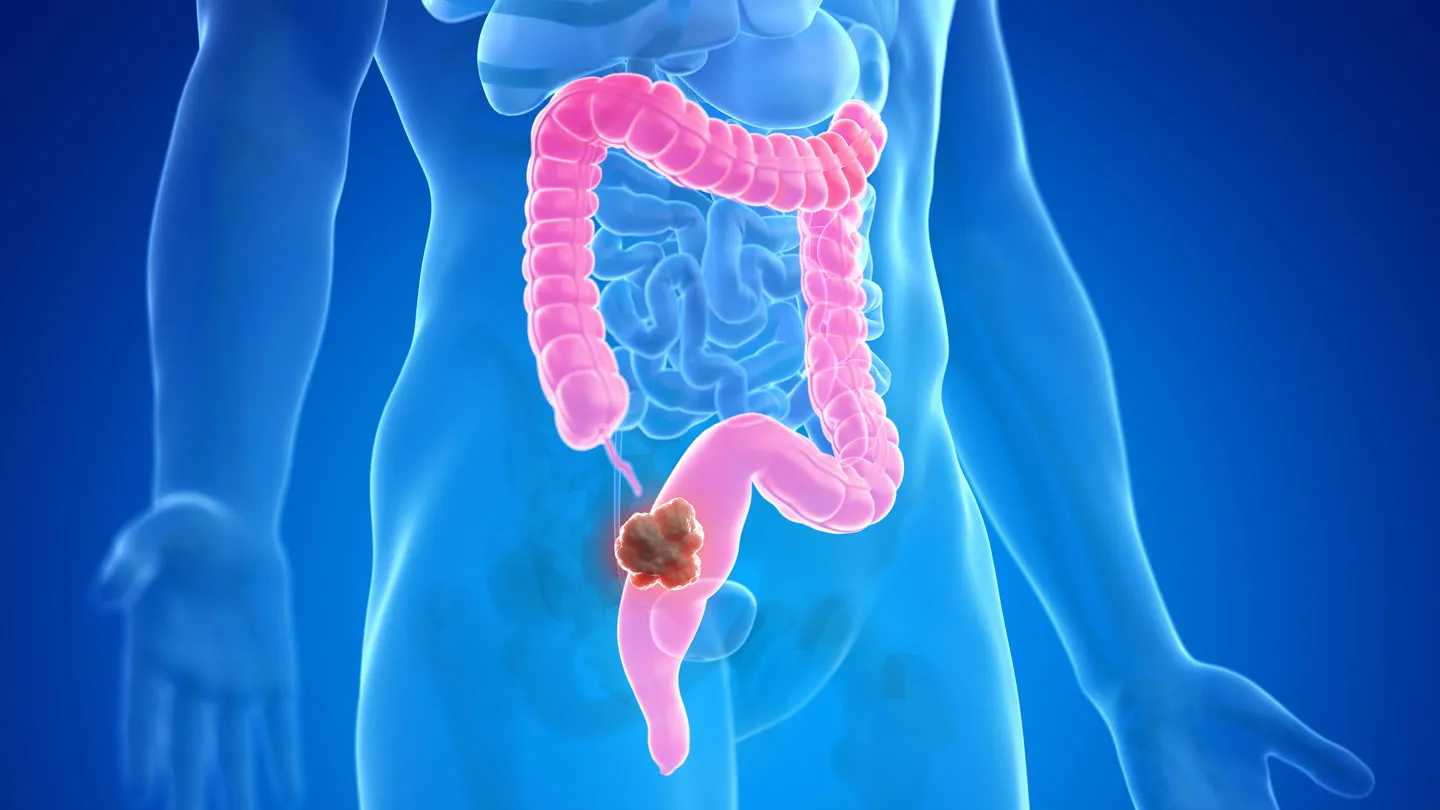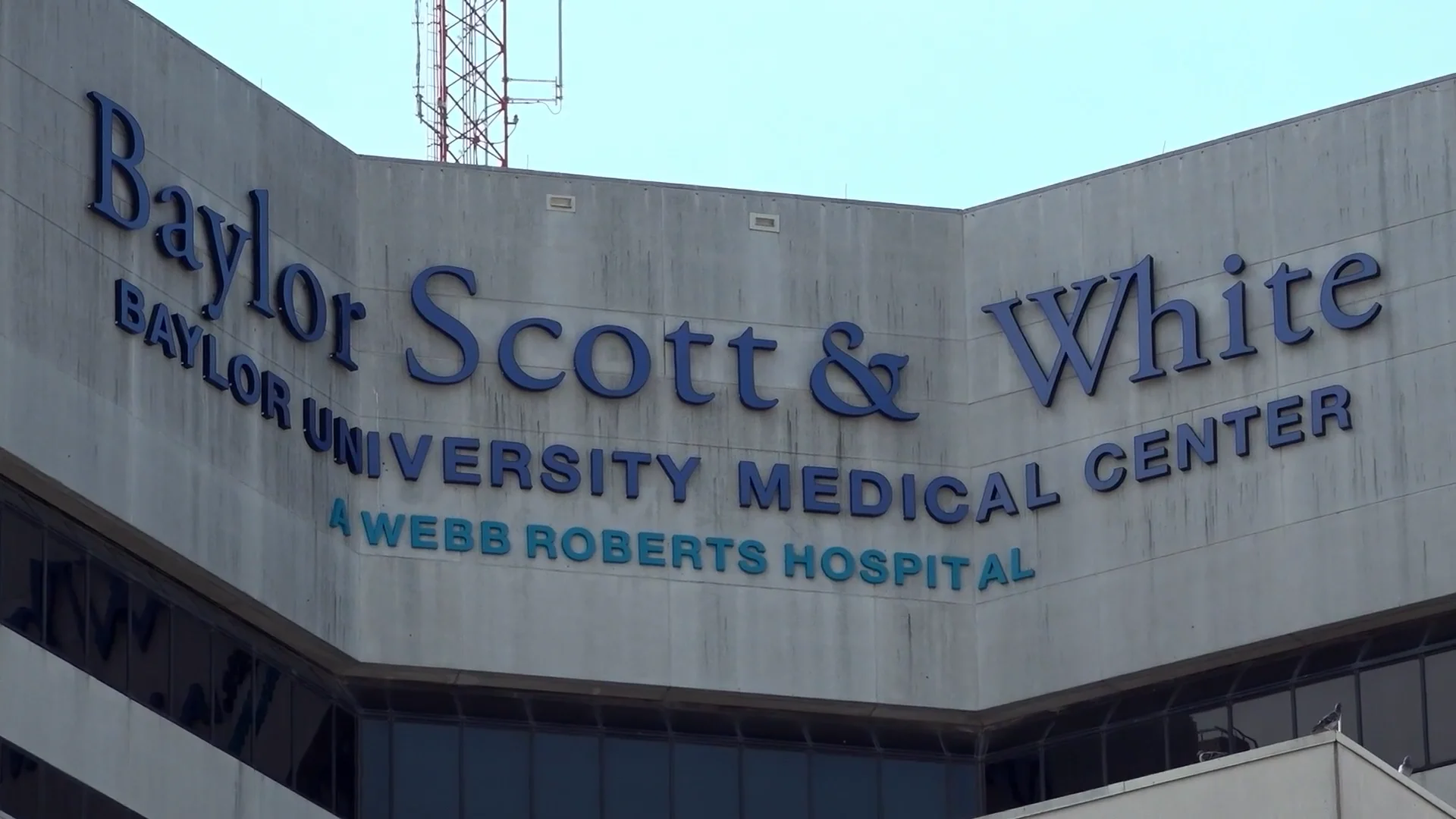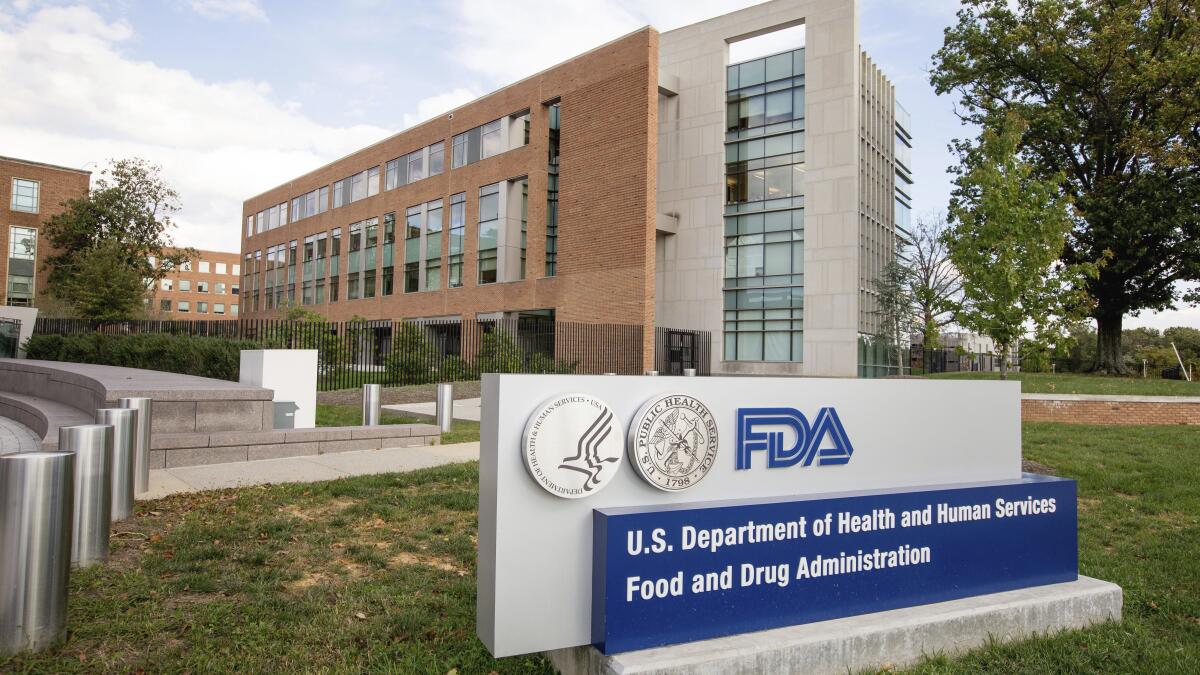
Over the past decade, medical research and clinical observations have revealed a troubling trend: an increase in the incidence of colon cancer among young adults. Once primarily considered a disease affecting individuals over 50, colon cancer is now increasingly diagnosed in people under 45, sending alarm bells throughout the medical community. This shift underscores the importance of awareness, early detection, and understanding the warning signs that could save lives. Here, we delve into the underlying reasons for this rise, highlight the top warning signs to watch for, and provide actionable tips for early detection and prevention.
The Rising Tide of Colon Cancer Among Young Adults
The conventional belief was that colon cancer was largely an ailment of older populations. However, epidemiological data paints a different picture. According to recent studies and reports, including alerts from top U.S. medical professionals, cases in young adults are increasing at an alarming rate. Factors contributing to this trend are multifaceted and complex:
- Diet and Lifestyle Changes: The modern diet, characterized by processed foods, high red meat consumption, and low fiber intake, significantly influences colon health. Sedentary lifestyles and obesity further exacerbate this risk.
- Genetic and Environmental Factors: While genetics play a role, environmental factors such as exposure to certain chemicals and pollutants are now suspected in early-onset cases.
- Delayed Diagnosis: Because colon cancer was traditionally associated with older populations, symptoms in young adults are often overlooked or misdiagnosed, leading to delays in treatment.
Given this increasing incidence, both physicians and the public must be vigilant. Recognizing early warning signs can lead to timely intervention, dramatically improving survival rates.
Top 5 Warning Signs of Colon Cancer in Young Adults
A recent article from the Times of India, citing leading U.S. doctors, emphasizes five critical warning signs that should not be ignored:
1. Persistent Changes in Bowel Habits
If someone experiences ongoing diarrhea, constipation, or a noticeable change in stool consistency that does not resolve, it may signal underlying issues. Especially if these changes persist for more than a few weeks, medical evaluation is essential.
2. Rectal Bleeding or Blood in Stool
The appearance of blood in stool, whether bright red or dark tarry stools, can be a serious warning. It indicates bleeding within the colon or rectum, which might be caused by polyps or tumors.
3. Unexplained Weight Loss and Fatigue
Sudden weight loss without an apparent reason, coupled with persistent fatigue, can be a sign of an advanced malignancy spreading or systemic effects of a tumor.
4. Abdominal Pain and Discomfort
Persistent abdominal cramps, pain, or bloating that lasts for weeks should be investigated. Tumors can cause localized or diffuse discomfort as they grow or obstruct parts of the colon.
5. Anemia or Iron Deficiency
Chronic bleeding from tumors can lead to anemia, resulting in symptoms like weakness, dizziness, and pallor. Blood tests revealing iron deficiency anemia should prompt further investigation into possible gastrointestinal sources.
Why Are Young Adults at Risk Now?
The rising cases among young populations raise questions about recent lifestyle and environmental shifts. Some hypothesized reasons include:
- Dietary Patterns: Increased consumption of fast food, processed snacks, and red meats while decreasing fiber intake accelerates the development of precancerous polyps.
- Obesity and Sedentary Lifestyle: These contribute significantly to carcinogenic processes within the colon.
- Inflammatory Bowel Disease: Conditions such as Crohn’s disease or ulcerative colitis, which are becoming more common, increase colon cancer risk.
- Genetic Factors and Family History: Young adults with a family history of colorectal cancer should be particularly vigilant.
Screening and Prevention Strategies
Screening is currently the most effective method for early detection. As guidelines evolve, awareness about appropriate screening age and methods is crucial:
- Start Early: The American Cancer Society now recommends that individuals at average risk begin screening at age 45, earlier than the traditional age of 50.
- Colonoscopy: This remains the gold standard for detection and removal of precancerous polyps.
- Non-Invasive Tests: Tests like fecal immunochemical test (FIT) or stool DNA testing can be useful for preliminary screening.
- Lifestyle Modifications: Adopting a diet rich in fruits, vegetables, and whole grains; maintaining a healthy weight; exercising regularly; and avoiding tobacco and excessive alcohol can significantly reduce risk.
The Importance of Awareness and Early Action
Knowledge of the warning signs and proactive health measures can lead to early diagnosis, which is directly associated with higher survival rates. Education campaigns targeting young adults, healthcare professionals, and community leaders are vital in tackling this alarming trend.
Young adults should not dismiss symptoms such as unusual bowel habits, bleeding, or unexplained fatigue. Prompt consultation with healthcare providers and appropriate investigations can make the difference between life and death.
Conclusion
The rising incidence of colon cancer among young adults is a wake-up call for the medical community and the public alike. Recognizing the key warning signs and understanding the risk factors is critical in reversing this trend. With early detection, lifestyle modifications, and increased awareness, we can better combat this disease before it progresses to advanced stages.
Empowering the youth with knowledge and encouraging regular screening are essential steps toward reducing the burden of colon cancer in the future. No one is exempt from health vigilance, regardless of age.
Remember: Early intervention saves lives. Stay informed, stay alert, and prioritize your health.
For more updated news please keep visiting Prime News World.









